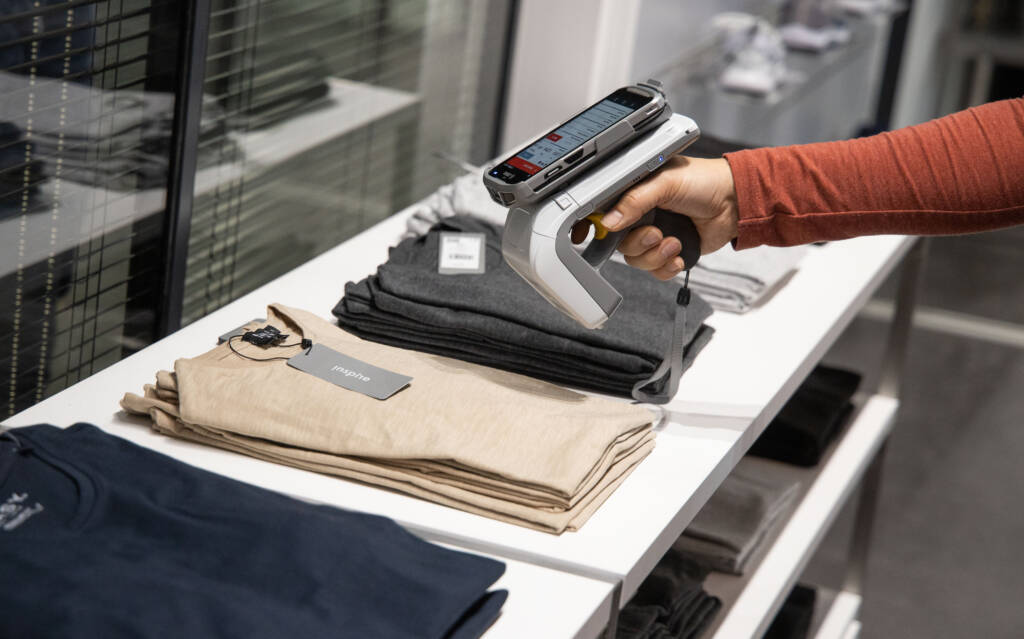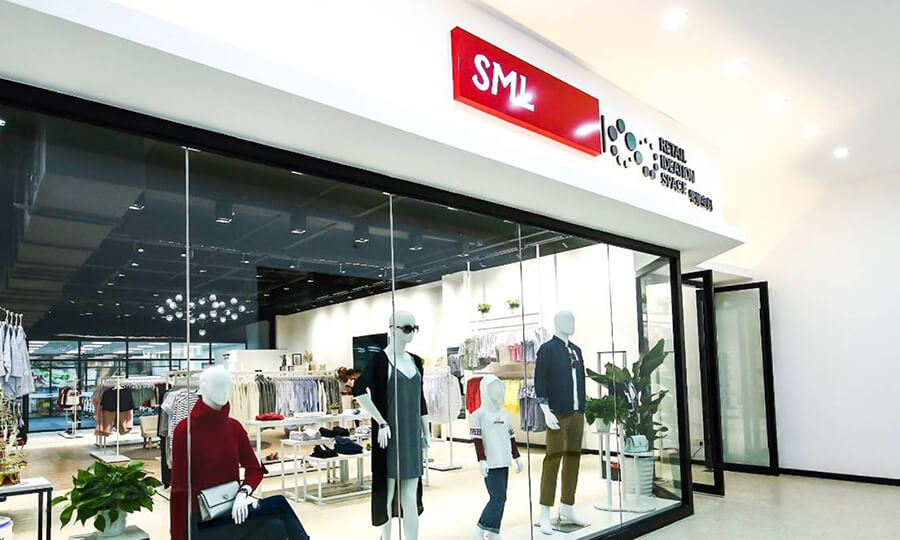How is RFID Helping Grocery Stores & QSRs Evolve?
From supply chain and inventory management to regulatory compliance, streamlining operations is critical in the food industry. Whether to balance inventory levels to meet customer demand or to comply with stringent industry regulations such as the Food Safety Modernization Act (FSMA), driving operational efficiency and accuracy is crucial for grocers and quick service restaurants (QSRs) in today’s environment.
RFID technology can play an indispensable role in providing businesses with the capability to overcome challenges related to efficiency, accuracy, and compliance.
Challenges that QSRs and Grocers Must Address
Inventory management is an ongoing challenge for food retailers. Complex supply chains, manual processes, and limited technology adoption all contribute to reduced inventory visibility. As a result, QSRs and grocers are unable to manage their stock effectively; increasing the risk of either overstocking items or experiencing shortages. Both outcomes only cause challenges for retailers. While out of stocks result in missed sales opportunities, overstocking items only creates unnecessary storage and transportation, and often leads to waste. This is particularly true of perishable goods, which have a limited shelf life before they must be disposed of. According to Green Match’s food waste statistics, over 30% of food is lost or wasted annually, equating to 1.3 billion tons.
Limited inventory visibility can also make it difficult for food businesses to comply with regulations, such as FSMA’s requirements for additional traceability records. According to these regulations, businesses that manufacture, process, pack, or hold foods included on the food traceability list (FTL), must maintain records containing key data elements (KDEs) associated with specific critical tracking events (CTEs). Businesses need to track individual items throughout the supply chain to mitigate the risk of wastage, adhere to regulatory requirements, and improve customer satisfaction.
Alleviating Pain Points with Item-Level RFID
Grocers and QSRs should adopt item-level RFID solutions to streamline their supply chain operations. SML’s Clarity® Food solution allows grocers and QSRs to gain real-time supply chain visibility with 93-99% accuracy. By tagging boxes and pallets with RFID chips, grocers and QSRs can track expiration dates and implement a First-Expired-First-Out (FEFO) strategy, prioritizing short-shelf-life products and reducing waste. As a result, businesses can optimize their operations during peak times and drive profitability.
Food safety and customer satisfaction are two of the food industry’s most important factors and priorities. Leveraging the accuracy provided by innovative RFID solutions, QSRs and grocers can ensure their customers only receive fresh items. As a result, they can significantly improve safety and increase customer satisfaction.
Increased accuracy provided by RFID also allows grocers and QSRs to optimize their procurement and better identify best-selling products and items in low demand. This can help food businesses streamline their inventory storage, adjust their stock purchasing decisions accordingly, and optimize product sales in line with customer demand. This also helps reduce unnecessary product transportation and provides customers with increased visibility. As a result, customers can check product journeys and know how they are sourced, which ultimately helps build more trust.
The Future is Here: RFID’s Expanding Role in Food Retail
Historically, food businesses lacked comprehensive visibility of stock movement throughout their supply chain. RFID has transformed the sector to optimize supply chain visibility.
While RFID provides high-quality efficiency within supply chains, its role in delivering compliance cannot be disputed. The deadline for all businesses subject to the FSMA’s recordkeeping requirements is Tuesday, January 20, 2026. With the need for regulatory adherence fast approaching, RFID technology can play a pivotal role in helping QSRs and grocers remain compliant.
Whether solving challenges related to inventory visibility or strengthening traceability capabilities, RFID solutions can help grocers and QSRs evolve significantly. Food businesses that implement RFID can now prepare themselves to comply with regulation, improving product visibility, efficiency, and, ultimately, their profitability.
Get in touch to understand how RFID can help your business comply with regulations while boosting profitability.










